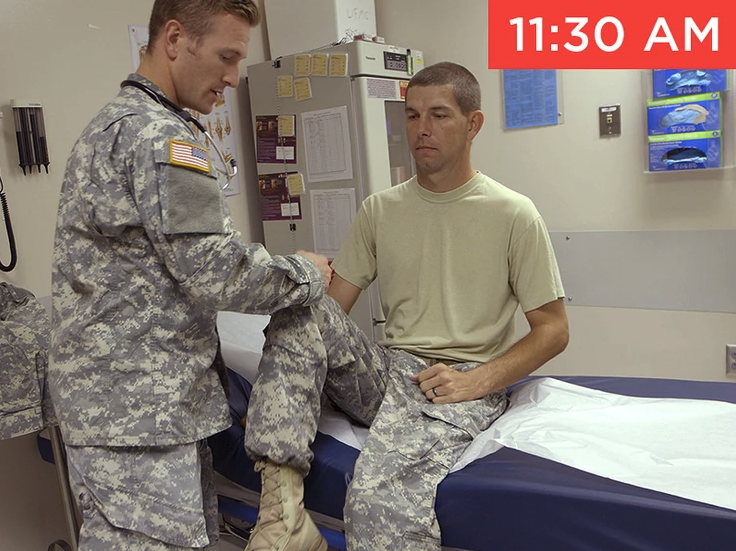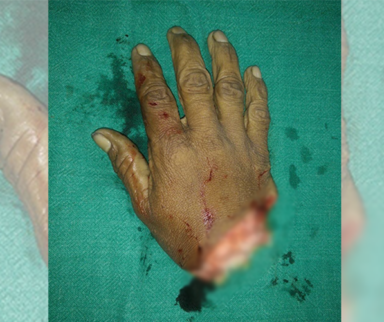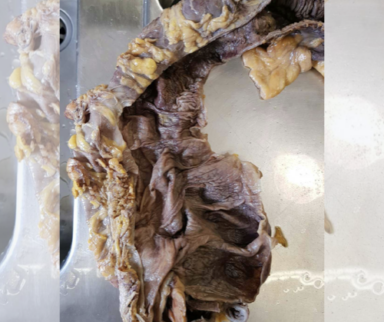
Army Captain Hunter Winegarner, MD, is a Special Forces battalion surgeon at Fort Carson, Colorado. He provides patient care to the Army’s most elite soldiers and is responsible for training medics who work in the field. In addition, he receives specialized training as a flight surgeon and a dive medical officer.
He took the time to speak about his career and practice with the Figure 1 community. Medical students in particular were interested in Dr. Winegarner’s career and advice. Here are some of the questions and answers from that discussion.
Stay Humble
Q. What is one lesson you would like to share with current medical school students?
A. Stay humble, and don’t let personalities you deal with dictate what specialty you choose. You’ll have nice and not-so-nice folks in every specialty, so pick what you want to do based on the medicine, not how much you like your attending.
A Battalion Surgeon Isn’t Actually a Surgeon
Q. Do you feel like you were directed or influenced by the military to pursue surgery based on need?
A. So the title “Battalion Surgeon” is a historical term and a bit of a misnomer. I’m a family physician (currently training in a second residency to be an emergency physician). That said, the military does somewhat influence what kind of doctors it makes by limiting the training slots for certain specialties (there are few Derm Spots, lots of ER and surgery spots).
A Must-Have for Wilderness Medicine
Q. Dr. Winegarner, you mention the SAM splint [a lightweight structural aluminum malleable splint that can be used to immobilize broken bones] as a favorite piece of equipment for climbing and hiking excursions. I’m passionate about both wilderness medicine and international medicine where resources can be very limited. Do you have any other favorites as far as must-have equipment or medications?
A. I roll an EpiPen, tourniquet, and pneumo dart in the middle of my SAM splint and then wrap an ace bandage or duct tape around that. Makes a super-small, life-threat addressing first aid kit (minus airway) that I pretty much bring for all wilderness activities. I’ll add more to this based on how long and where I’m going and what I’m doing (i.e., airway, meds, IV access, minor surg kit, etc).
Only in the Army
Q. What is the coolest part of your job?
A. Taking care of soldiers and feeling like a member of a team. Also, during my career I’ve driven tanks, flown in helicopters, fired grenade launchers, learned to deep-sea dive, and generally had many adventures that a civilian can’t compete with — so that’s pretty cool, too!
The Most Common Condition in the Field
Q. What’s the most common condition a medic is treating in the field? Is it basically EM?
A. Blisters! And yes, field medicine is basically a combo of prev med/family med, and emergency/trauma.
Published May 2021
Join the Conversation
Register for Figure 1 and be part of a global community of healthcare professionals gaining medical knowledge, securely sharing real patient cases, and improving outcomes.


